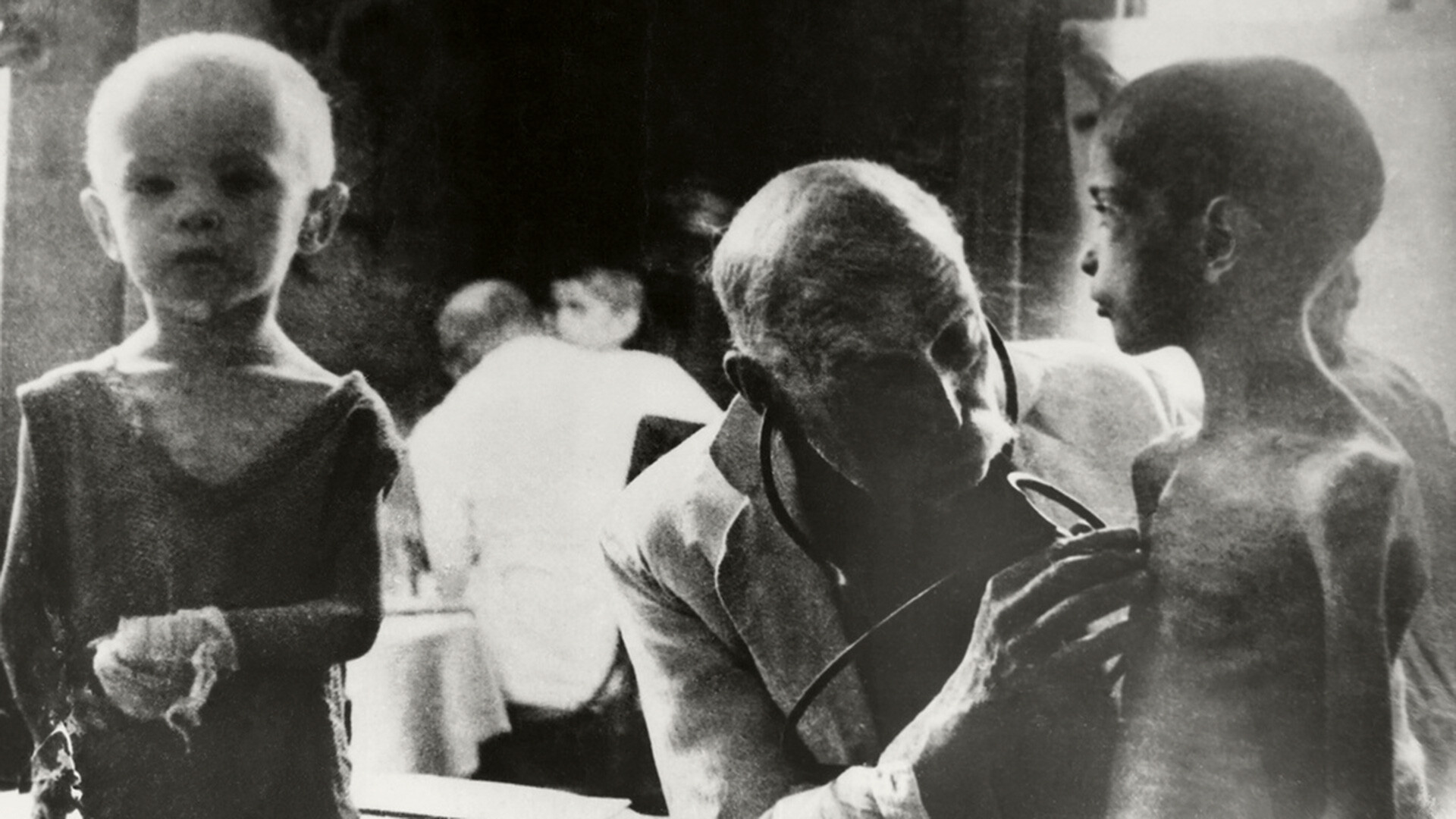
How 18th-century medicine helped save besieged Leningrad
In those difficult times of war, when there was a shortage of medicines in the city’s hospitals and clinics. Doctors had to get by as best they could. They even had to turn to the experience of their distant ancestors.
One of the worst disasters threatened to become scurvy, which occurred due to the lack of vitamin C in the body. This scourge was accompanied by damage to muscle mass, nervous disorders, rapid fatigue and infectious diseases.
Scurvy threatened both residents and the army, so specialists were concerned about the problem from the first days of the blockade. In the absence of sufficient medicines, they used traditional medicine recipes from the 18th century.
Employees of the Leningrad Institute of Vitamin Industry studied the archives, which described ways to combat scurvy with the help of pine needles. In the Russian Empire, it was not only effectively used at home, but also supplied to pharmacies in Western Europe.
Fortunately, there was an abundance of coniferous forests in the Soviet-controlled suburbs. Female rear-guard officers, who worked in two shifts, were mostly involved in the collection.
Coniferous legs were sorted, washed, needles were separated from the wood, washed and kneaded again. The crushed needles were treated with a solution of acetic, citric or tartaric acid (there were enough of them in the warehouses of confectionery companies), extracting vitamin C.
The greenish acidic infusion was filtered and bottled. One hundred to two hundred milliliters of this drink daily maintained the necessary level of vitamin C in the body.
In this way, the scurvy epidemic in Leningrad was prevented.
If using any of Russia Beyond's content, partly or in full, always provide an active hyperlink to the original material.
Subscribe
to our newsletter!
Get the week's best stories straight to your inbox